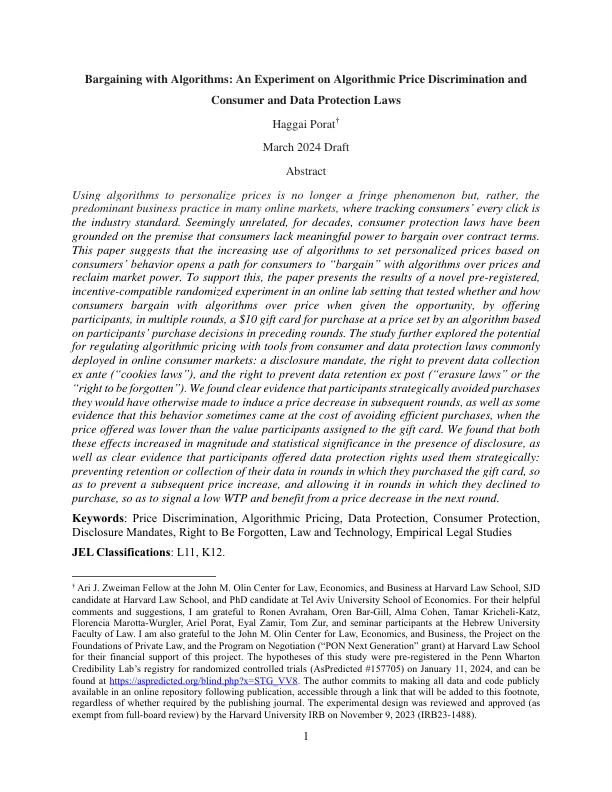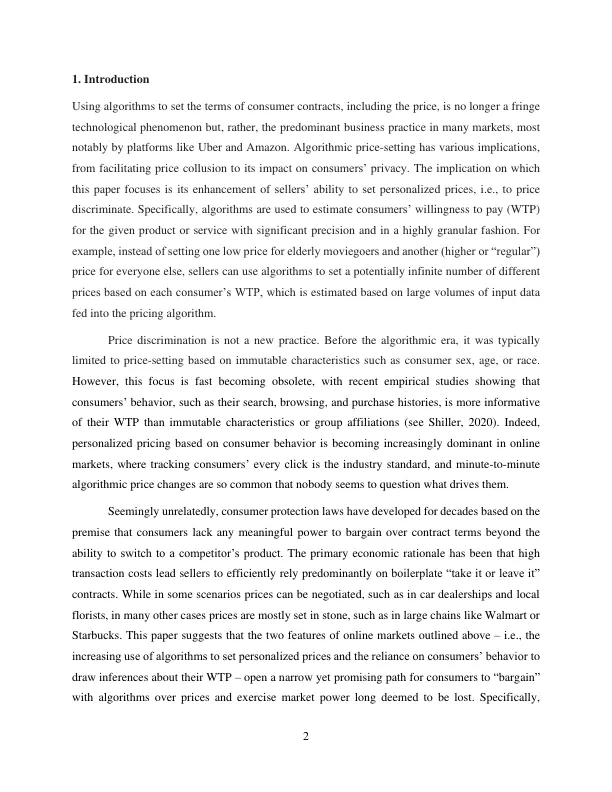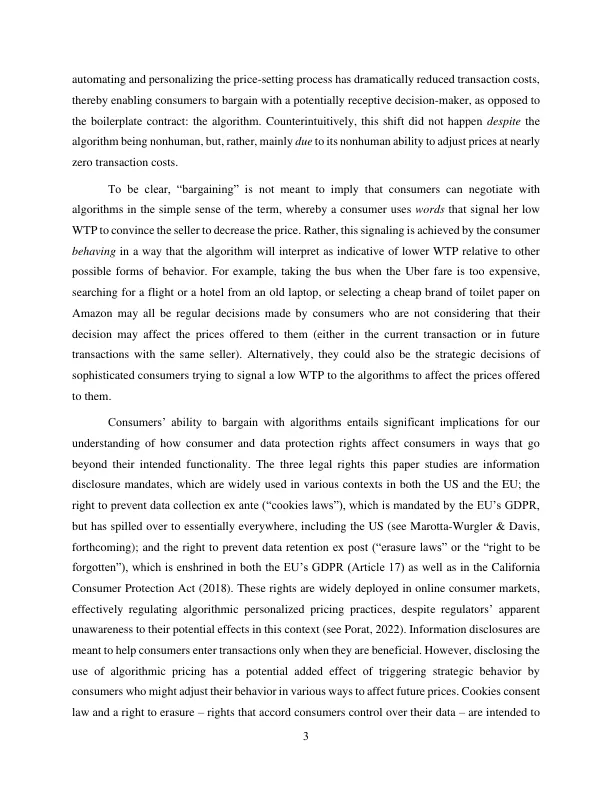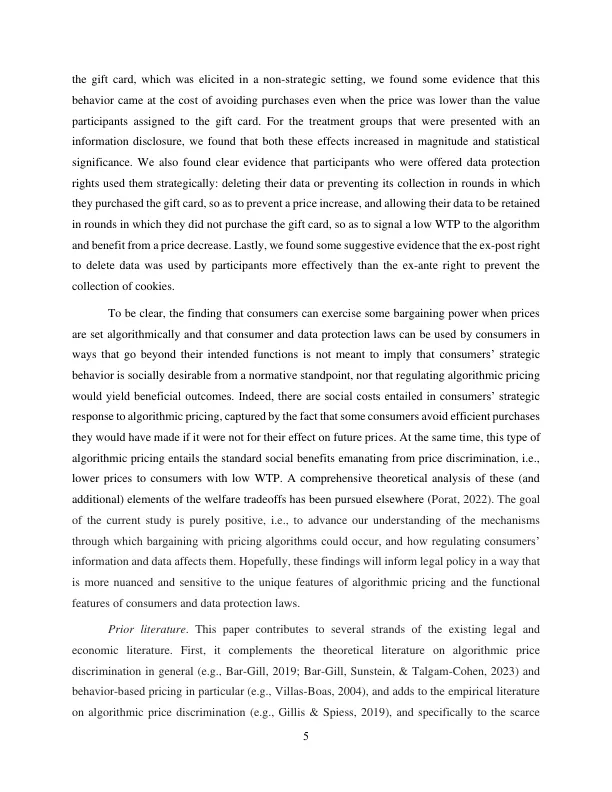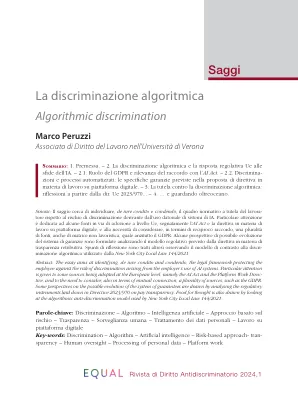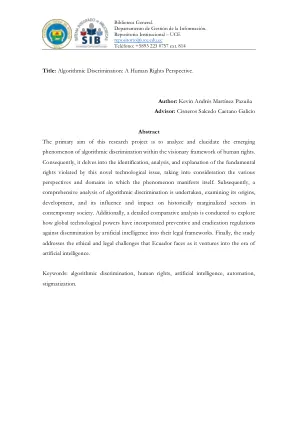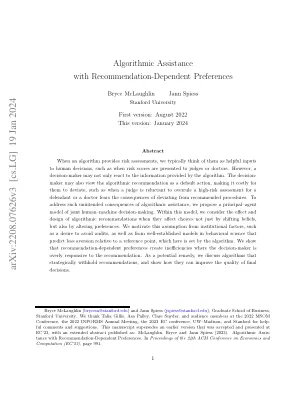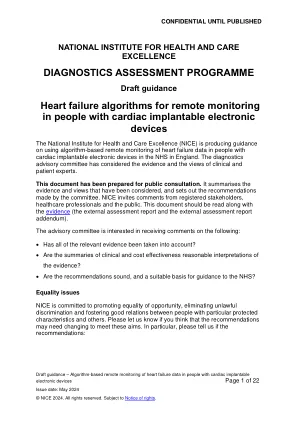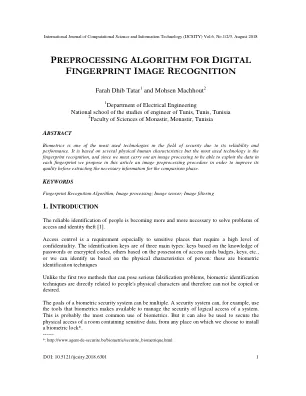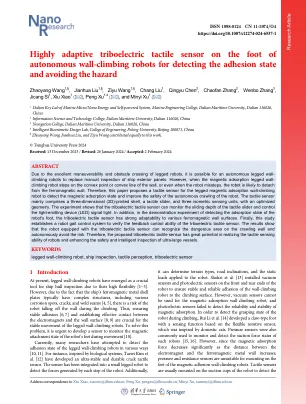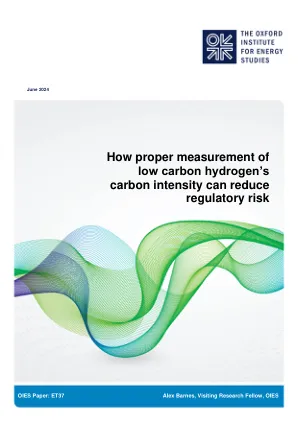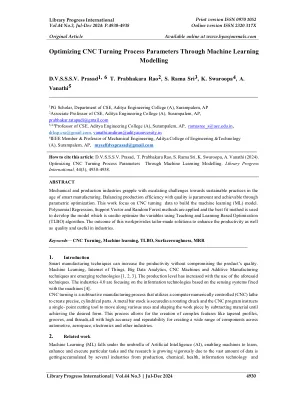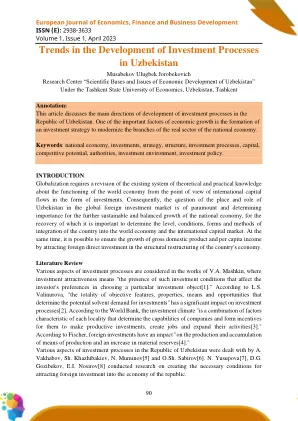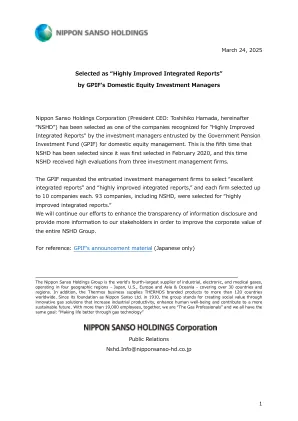使用算法个性化价格不再是一种边缘现象,而是许多在线市场中主要的商业实践,在许多在线市场中,跟踪消费者每次点击都是行业标准。看似无关,几十年来,消费者保护法一直基于以下前提:消费者缺乏有意义的交易权力,无法就合同条款进行讨价还价。本文提出,根据消费者的行为,越来越多地使用算法来设定个性化价格,这为消费者提供了通过算法超过价格和收回市场能力来“讨价还价”的道路。为了支持这一点,本文介绍了在线实验室环境中进行的新型预注册,兼容的随机实验的结果,该实验测试了消费者是否以及如何在给出机会时用算法超过价格,以多个回合为参与者提供10美元的礼品卡,以10美元的价格购买Algorithm,以基于参与者的购买决定,这是一项基于Algorithm的价格,该赠品是基于参与的购买效果。这项研究进一步探讨了使用来自在线消费市场中通常部署的消费者和数据保护法的工具来调节算法定价的潜力:披露授权,防止数据收集的权利(“ cookies Laws”)(“ cookies Laws”)(“ cookies Laws”)以及防止数据保留的权利(“擦除法律”或“擦除法律”或“遗留在“遗忘”))。我们发现明确的证据表明,参与者在战略上避免了他们本来会诱发随后的回合降低价格的购买,以及一些证据表明,这种行为有时以避免有效购买的代价是出于避免有效购买的代价,而当提供的价格低于分配给礼品卡的价值参与者。We found that both these effects increased in magnitude and statistical significance in the presence of disclosure, as well as clear evidence that participants offered data protection rights used them strategically: preventing retention or collection of their data in rounds in which they purchased the gift card, so as to prevent a subsequent price increase, and allowing it in rounds in which they declined to purchase, so as to signal a low WTP and benefit from a price decrease in the next round.
算法价格歧视和...
主要关键词
